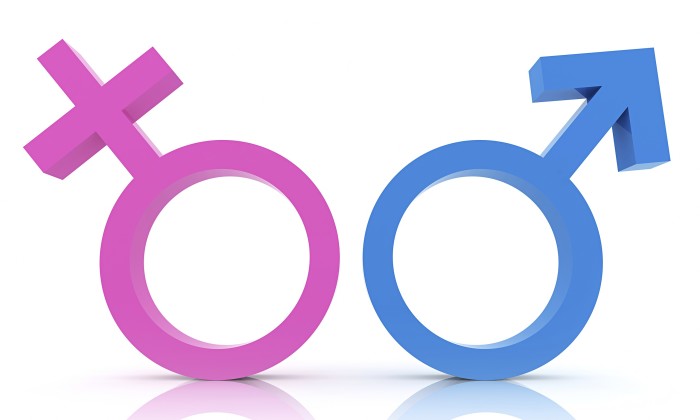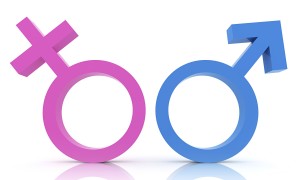22nd March 2016 British High Commission, Kingston, Jamaica
Women, Leadership & Unconscious Bias

I am in my eighth week of my internship at the British High Commission in Kingston, and International Women’s Day was March 8th. The theme for this year is focused on a pledge for parity.
Even though women’s representation in our Parliament continues to be below 25%, gender parity is an under-discussed issue in Jamaica. That being said, it is noteworthy that Jamaica’s newly appointed Minister of Entertainment, Sports, Culture and Gender Affairs – a woman, indicated that her ministry will place special focus in the coming years, on Sustainable Development Goal # 5: achieving gender equality and the empowerment of all women and girls, i.e. [ensuring] women’s full and effective participation and equal opportunities for leadership at all levels of decision-making in political, economic and public life.
The UK made similar commitments when it sought to remain on the United Nations Human Rights Council. In pledge 2.4 the UK committed to “[working] to end violence against women and [promoting] full participation and leadership in political and economic life, including promoting women’s economic empowerment and the representation of women in political and public life, especially in leadership positions.
However welcomed these pledges may be, the question of what obtains in the lived experiences of women around the world is still quite relevant.

Some weeks ago there was a workshop held by the Deputy High Commissioner, Julia Sutherland, on “unconscious bias”. Julia asked us to picture a cowboy and a doctor for a few seconds. Then she spoke for the cowboy, “I bet you they imagined me white” – I made a conscious effort to make him black. The doctor said, “I bet you they imagined me male”. I was ashamed because I imagined the doctor male. Me! A self-proclaimed feminist. I accepted, within that moment, that this was the result of my male privilege and social ordering that made me hold men as the standard.
Like me, our societies have unconsciously succumbed to patriarchy. We oftentimes do not see women as leaders. Women are routinely oppressed and men privileged. After so many years of struggle for gender parity our societies are still male-dominated, male-identified and male-centred. Men’s experiences have become what we consider the norm.
And so while Jamaica is leading the world with the highest percentage of female middle managers (59.3%), I am deeply concerned of how this concentration of women in middle management does not seem to translate to leadership positions higher up. What makes me more cynical is the fact that this near 60% figure is not proportional to the more than 80%-women in Jamaican universities. Beyond doubt, our biases are responsible the under representation of Jamaican women in leadership positions – especially on boards in Jamaica.
A part of providing technical support for women must include actively challenging patriarchal attitudes and (unconscious) biases which largely block out women from the zenith of economic and political leadership. The lack of gender parity is a human rights concern that crosses borders.
For the few weeks that I’ve been at the British High Commission, I’ve seen how both the UK and Jamaica are working to strengthen their partnership on improving these issues, especially in light of both the UK and Jamaican Ministers statements; voicing their commitments to supporting the full participation of women in public life.
